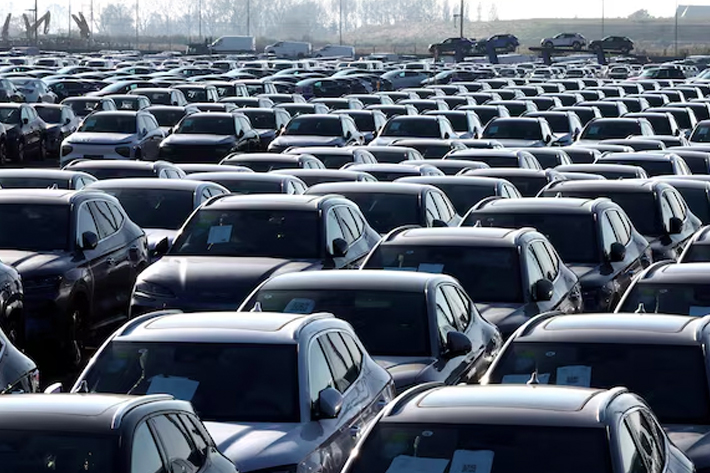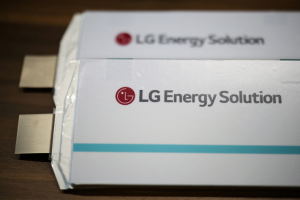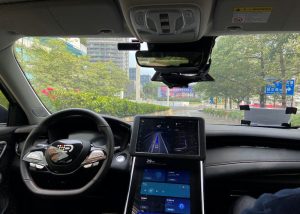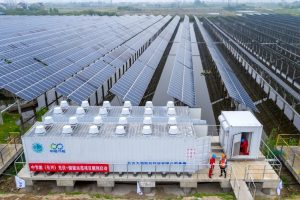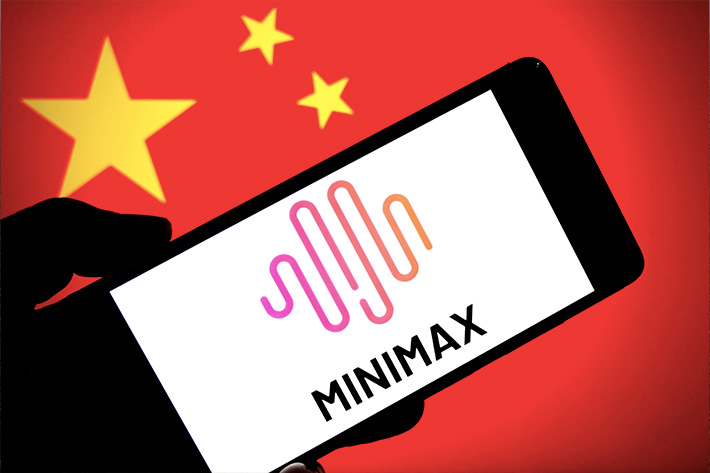Two of China’s top electric vehicle-makers, BYD and Chery, allegedly claimed improper subsidies worth $53 million combined for their eco-friendly vehicles sold in the five years to 2020, a regulatory audit has found.
The audit was initiated earlier this year to verify subsidy applications over the five-year period and found 21,725 vehicles should not have received subsidies that totalled 864.9 million yuan ($121 million).
China provided generous subsidies for new energy vehicles between 2009 and 2022 to promote the adoption of electric, plug-in hybrid, and fuel cell vehicles. That worked and led to such an exponential growth of new energy vehicles (NEVs) that sales of such vehicles began surpassing gasoline-powered car sales on a monthly basis since March.
Also on AF: Boom in Electric Truck Sales Cuts Demand for Diesel in China
Regulators have, so far, not alleged fraud but found discrepancies such as failure to submit required supporting documents or to meet the mandated mileage thresholds, according to the documents published by the Ministry of Industry and Information Technology in June.
BYD and Chery together account for nearly 60% of the total improper claims. Chery had 7,663 vehicles disqualified, while BYD had 4,973.
The audit documents did not lay out any penalties or mention reimbursement, but the government has previously said automakers will have to repay subsidies for vehicles found not to have met mileage requirements.
Chery, meanwhile, has denied regulators’ assertions. It said in a statement it had previously consulted authorities about the challenges of missing receipts because the cars were sold more than five years ago and that the government had advised the company to declare the cars for the ministry to determine if they should be qualified.
“Our company has truthfully reported to the authorities [that] we did not collect certificates for end sales; there’s no fraudulent act,” Chery said in the statement.
It also said the audit covered declarations for subsidies that were not prepaid and thus automakers did not need to repay them.
EV maker BYD did not respond to Reuters’ requests for comment.
Increased scrutiny
This month, China’s top leaders have pledged to increase regulation of pricing and support the orderly phasing out of outdated production capacity. Local governments are now also doing more audits for subsidies handed out in 2021 and 2022.
If Chinese carmakers face a potential repayment of subsidies it could exacerbate pain for the industry grappling with excess capacity.
Regulators and officials have stepped up scrutiny of an industry ravaged by years of price wars that have hit profitability and set dealers and suppliers at odds with manufacturers.
The increased scrutiny was sparked off by steep discounts that BYD announced in late May. The discounts led to rare public infighting within the Chinese EV firms, with many sounding alarm on the impact of price wars on vehicle quality and the future of the industry and its suppliers.
At the time, the chief of EV-maker Great Wall Motors also brought up again his allegations from 2023 that BYD’s two top-selling models at the time did not meet China’s emissions standards.
In the weeks since, Chinese officials have called on automakers to halt brutal price wars and announced new rules to end practices that gave carmakers greater margin while hurting liquidity for suppliers.
Regulators have also met with automakers, including BYD and Dongfeng Motor, to clamp down on sales of “used cars” that were never driven.
- Reuters, with additional editing and inputs from Vishakha Saxena
Also read:
Chinese EV Firms Are So Done With BYD
BYD to Take ‘Full Responsibility’ For Smart Parking Accidents
How China’s New Auto Giants Raced Ahead of The World
China’s Criticism of Price Wars Sheds Light on Xi’s ‘Waning’ Power
China’s BYD Cuts Back on EV Production, Factory Expansions
BYD’s Big Gains Give Chinese EV Rivals a Giant Headache
Nearly One in Every Two Cars Sold in China Was Electric in 2024
China’s Intense EV Price War Taking a Toll on Car Dealers




